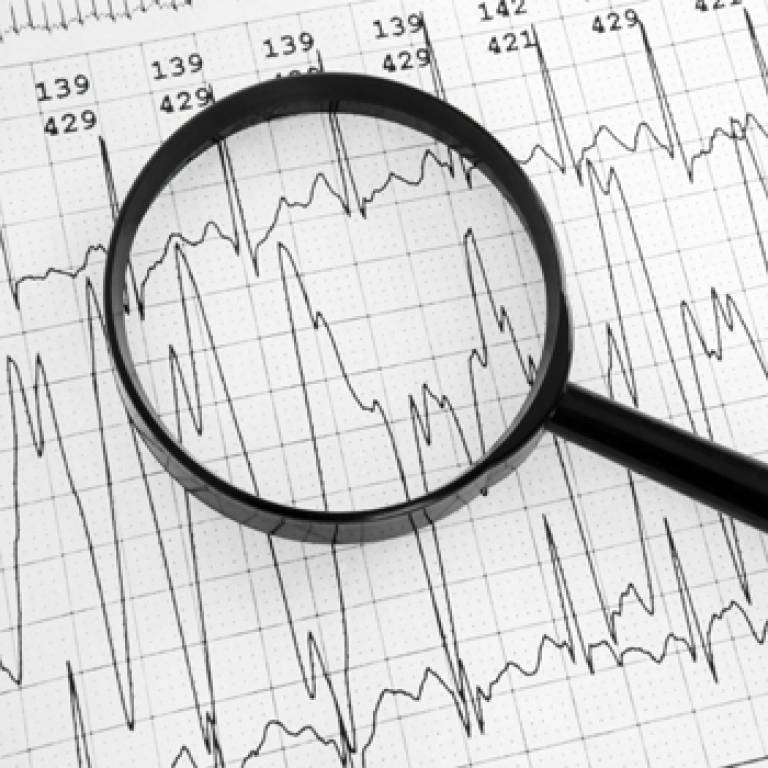Do we need a 'science of evidence'?
29 November 2011
Evidence is key to many topical debates such as global warming, evolution, the search for weapons of mass destruction, DNA profiling, and advances in science and medicine.

A new book asks whether, considering the importance of evidence for so many disciplines, a general 'science of evidence' is possible - or even desirable.
Evidence, Inference and Enquiry, edited by Philip Dawid, William Twining and Mimi Vasilaki, and published by Oxford University Press for the British Academy, is based on a five year cross-disciplinary research programme at UCL (University College London) where leading scholars in archaeology, computer science, economics, education, health, history, law, psychology, philosophy and statistics examined the variety of ways in which evidence is conceived, used and manipulated.
Philip Dawid, honorary professor of statistics at UCL said: "While some disciplines have developed sophisticated methodologies for handling the type of evidence they see, there is rarely any consideration of general approaches to evidence. Unintelligent use of intelligence is widespread and damaging."
While some disciplines have developed sophisticated methodologies for handling the type of evidence they see, there is rarely any consideration of general approaches to evidence. Unintelligent use of intelligence is widespread and damaging
Professor Philip Dawid
A common theme in the book is the relationship between the legal understanding of evidence and uses of evidence in a non-legal setting. In one chapter Dr David Lagnado combines Agatha Christie's play "Witness for the Prosecution" with psychological experiments to explore reactions to features such as discredited evidence and alibis.
Another hotly debated theme is whether different kinds of evidence or studies should be regarded as of different quality. Professor David Colquhoun puts the case for randomised studies as the safest guarantee of the reliability of scientific evidence, and decides that the evidence for processed meat as a cause of bowel cancer is unconvincing.
Tracey Brown, director of the charity Sense About Science said: "So many subjects of public debate - vaccination, early brain development, new weather patterns, stem cell therapies, among them - are crying out for more discussion about what we know and how we know it. We see evidence manipulated, over-stated, misrepresented, disregarded, or left to 'speak for itself'. Yet we are so ill-prepared for that discussion.
"When reading Evidence, Inference and Enquiry, you can only wonder how we have gone so long without a collection like this, which draws together views about evidence, and the principles of gathering it and reasoning from it. Evidence, Inference and Enquiry is diverse but coherent. It captures established ideas but presents fresh thoughts. And it's impossible to stop thinking about this book when you put it down."
In his foreword to the volume, Sir Geoffrey Allen, former Chancellor of the University of East Anglia, writes: "Based on the evidence presented in this book, each university should consider the creation of a multidisciplinary group, in which participants remain in their original departments but interact to provide interdisciplinary studies of enquiry, inference and evidence. A desirable outcome would be the promotion of courses available to all undergraduates in each university."
Media contact: Clare Ryan
 Close
Close

